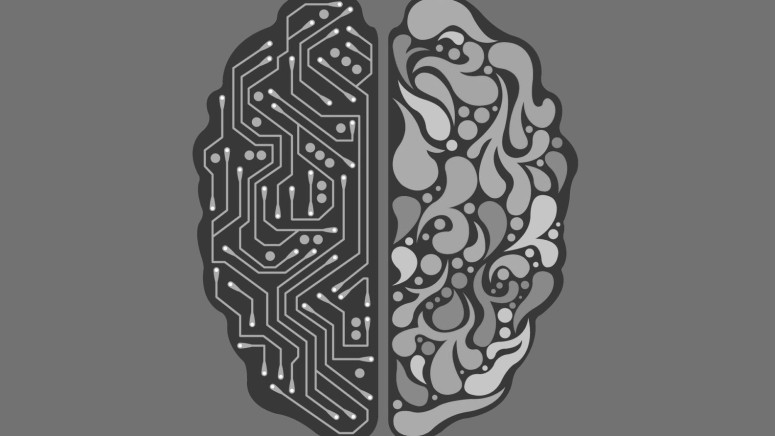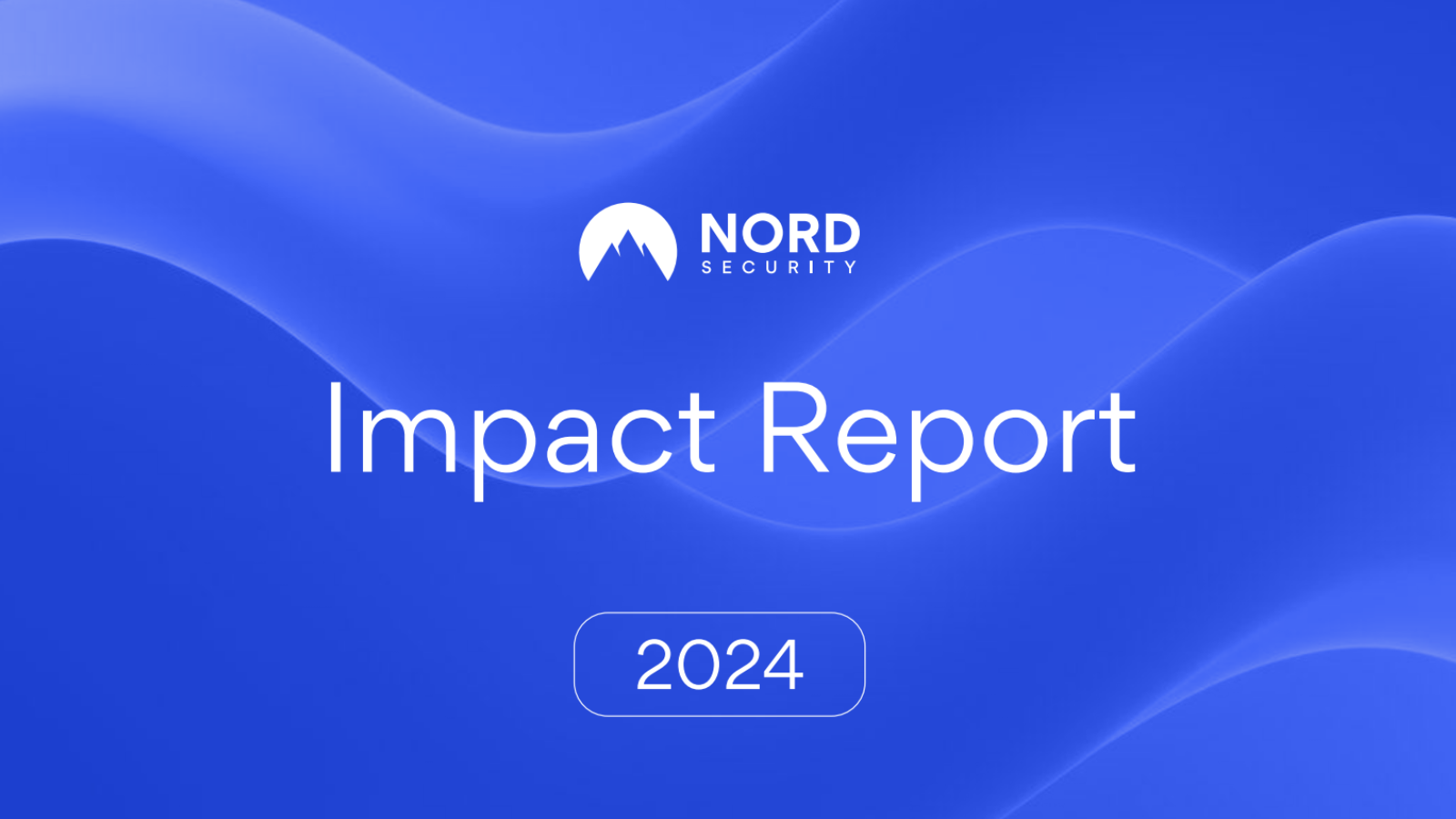
The Dawn of the Fintech Robo-adviser
If you've ever watched a movie that deals with the world of stock trading, let's say Wolf of Wall Street because it rocks, then you've probably realized that there's a lot of "black magic" in finance. Whether it's trying to predict which stocks are worth buying or selling, or choosing which ventures should be invested in. There's a lot of human intuition that goes into making financial decisions, which may make it seem strange that so-called "Robo-advisers" are becoming pretty popular. Let's look at what a Robo-adviser is, why you should care, and what changes this development is likely to bring.
What is Robo-adviser?
A Robo-adviser is an automated system that makes financial decisions or gives advice to clients. It's the computer equivalent of a human investment adviser. In fact, human, financial advisers have been using similar tools as part of their own decision-making for quite a while, but now regular folks have access to this technology as well.
It's a form of artificial intelligence or, rather, technology based on a branch of artificial intelligence. Robo-advisers are not "intelligent" in the way a human is, but within its narrow domain, these programs can provide some pretty powerful insights.
How Does a Robo-adviser Work?
Pretty much the same way that a human, financial adviser would work. The Robo-adviser needs information about your specific financial situation. It also needs to know what it is you want to achieve. In other words, how much can you invest and what sort of return are you looking for.
It then takes its specific algorithms, takes market data, and all your info and then makes recommendations about what you should do with your money. It should be said loudly and clearly that these software tools are not infallible. It's also muddied by the fact that Robo-advisers are inevitably going to take each other's decisions into account as part of their analyses.
Under the Hood of Robo-advisers
Right off the bat, it's worth checking out our article on machine learning algorithms, for a quick overview of that approach to programming a computer. If you don't have time for that, the short version is that these days we can get computer software to look at large volumes of data and discover patterns in them. It can then create an algorithm that allows it to, for example, make confident predictions on future trends and market performance. I can't pretend to understand how machine learning, such as this works on a granular level. Still, this method has proven that computers can be imbued with the ability to program themselves in a way that would simply be impossible to do by hand.
How is Robo-advisers Better than Humans?
How these software platforms compare to human advisers is hard to quantify. For one thing, human advisers use algorithmic tools to inform their own decisions, so in many ways using a human adviser gives you the benefits of both machine intelligence and human understanding.
The biggest downside of using a human adviser is that human labor is rare and expensive. This sort of financial expertise is expensive. Putting it out of reach of most people who have a little money to invest. So the major advantage you get from Robo-advisers is access to expert financial advice.
Of course, there are many things that a Robo-adviser lacks compared to a human being. For one thing, Robo-advisers have no actual understanding. It's just a number-crunching algorithm. It doesn't know why it sees certain patterns, just what the patterns are. That means savvy human advisers can predict some things based on cultural, contextual, or psychological grounds.
What Do Robo-advisers Mean for the Future?
Will Robo-advisers become the only way to make investment decisions? That's a tough question to answer. With the way that artificial intelligence technology is progressing, it would be a mistake to say with absolute confidence that there will never be a Robo-adviser that performs better than any human could.
The truth is that, since human investment advisers use robo-adviser tools themselves, the best combination is probably still the speed and breadth of machine learning coupled with the contextual awareness and intuition of an experienced human. The main implication Robo-advisers have for the future is that investment will be democratized. It will be more dynamic, and the cumulative effect on global wealth could be profound. For now, it's definitely worth it for the average person to have a look at some of the Robo-adviser services, which frequently top suggested lists. If you find the right one, it could literally make your money grow while you sleep.
















